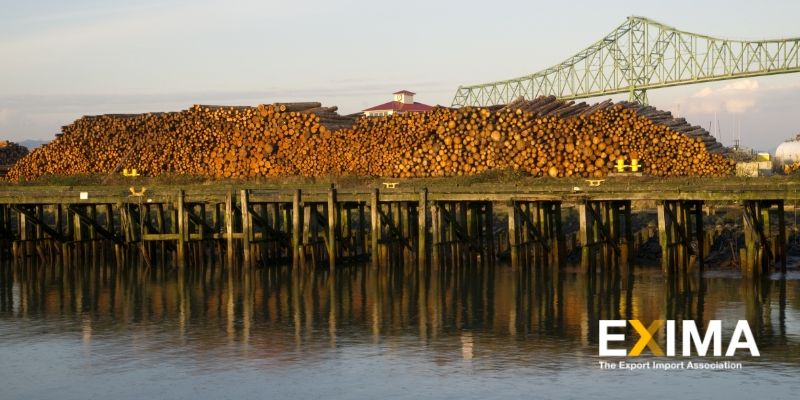The US and Canada once shared a “tight-knit economic, political, and social bond,” but even before Trump took office in January 2017, many Canadians were concerned about what the next four years of living next to Donald Trump would do to their trade relationship. During his time in office, Trump lived up to many of these fears, enforcing harsh tariffs on Canadian steel and aluminum, threatening a similar increase in tariffs on the automotive sector, and repeatedly insulting the country.
With roughly $1.4 billion of goods crossing the US-Canada border every day in 2020, many had hoped that the previously strained trade relations would fade under the new administration. However, new issues emerged, causing tensions to rise between the two countries. Things finally came to a head when US trade representative Katherine Tai announced plans to sue Canadian officials over the country’s controversial dairy practices.
The US Threatens to Sue Canada
Canada has had a complex system in place for many years to ensure strict control over the production of dairy products such as milk, butter, and cheese. This intricate system has allowed the country to keep domestic dairy prices stable, while imported dairy products, such as ones from the US, have faced a 300% levy.
In May, Tai announced her plans to sue Canada over these contentious dairy practices. She claims that the country is violating the US-Mexico-Canada agreement, which governs tariffs on products being traded between the three countries, including dairy products.

Although Canada recently announced that it would allow more US imports into the country without significant tariffs, Tai claimed that Canada continues to use a complex tariff system that favors Canadian dairy products, giving them an unfair advantage over foreign goods.
Canada’s trade minister Mary Ng expressed her disappointment at the US’s decision and claimed that the country’s government would defend its practice. Regarding the situation, Prime Minister Justin Trudeau stated that there will “always be issues upon which Canada and the US have disagreements.”
Tariffs on Lumber Add to Strained US-Canada Trade Relations
The disagreements Trudeau mentioned could include the dispute between the two countries on lumber tariffs as well. The US Commerce Department announced in May that it would double tariffs on softwood lumber, the latest development in a decades-long dispute. These lumber issues will likely further exacerbate tension between the two.
Learn More With EXIMA News
If you found this article helpful, make sure to check out the rest of our News Section for more useful information today!









